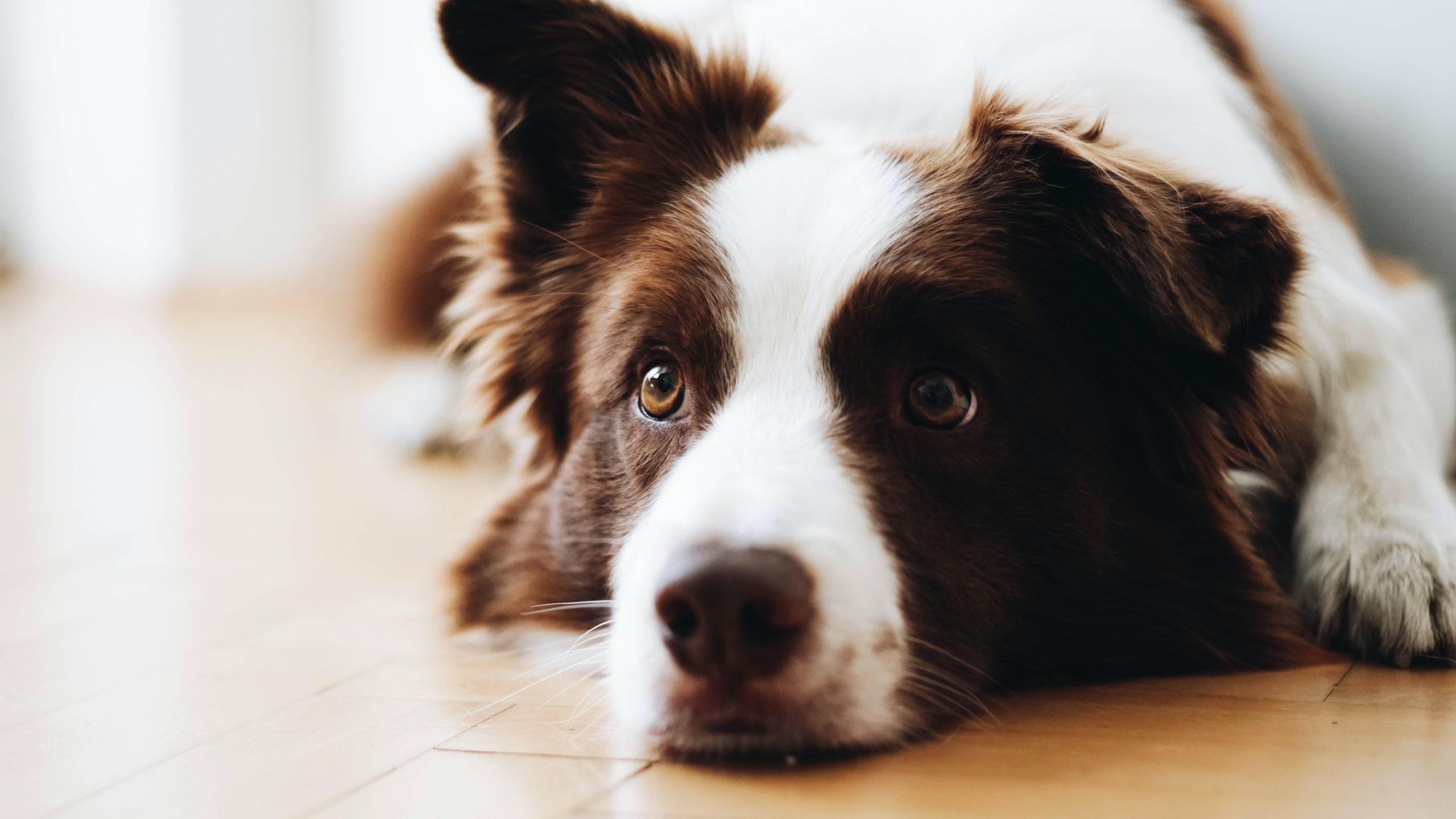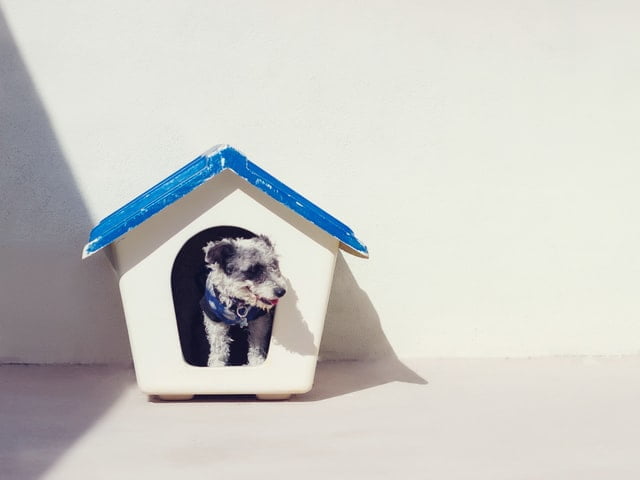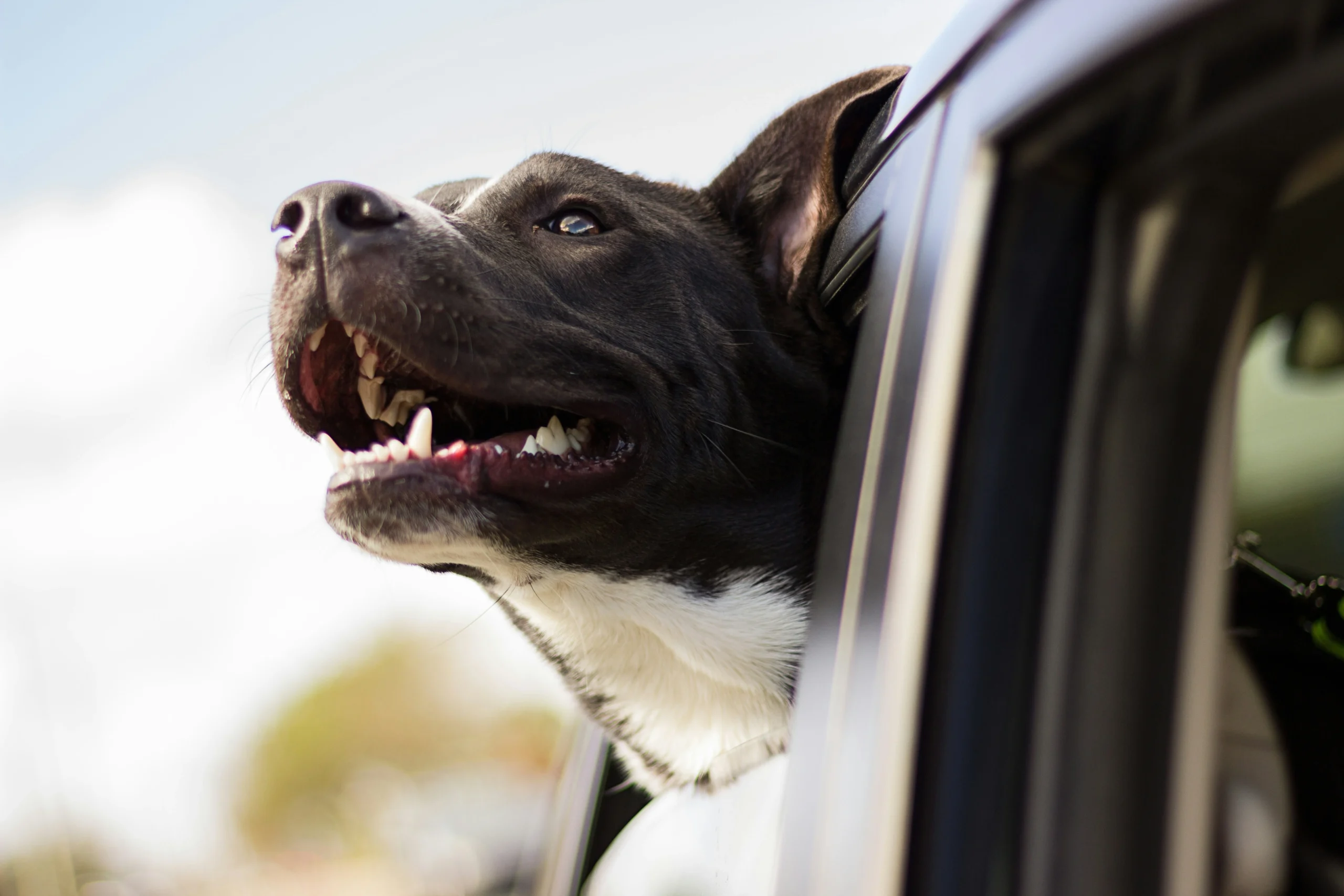You would be forgiven for thinking that only dogs who stay in kennels are at risk of catching kennel cough. Whilst kennels certainly provide an ideal environment for the disease to spread, any dog who comes into contact with other dogs is susceptible to contracting kennel cough and may benefit from a preventative vaccine.
Kennel cough can be a significant hindrance for any dog and can occasionally cause severe symptoms that will be painful for your dog. In this blog, we will explain a bit more about what kennel cough is, and whether you should book an appointment to get your dog vaccinated against the disease. It’s a good time to also remind you that our Dog GoldPlan covers the kennel cough vaccination at no extra cost.
Contents
- Does my dog need a kennel cough vaccine?
- What is kennel cough?
- How is kennel cough spread?
- What are the symptoms of kennel cough?
- How is kennel cough treated?
- Will the kennel cough go away on its own?
Does my dog need a kennel cough vaccine?
Any dog who routinely comes into contact with other dogs should be vaccinated against kennel cough. Protection against canine parainfluenza and adenovirus which can cause kennel cough are included in puppy and booster vaccinations, however, the most common bacteria to cause kennel cough is Bordetella bronchiseptica, which can be given as a separate vaccine, through pain-free nasal drops.
Unfortunately, as there are many strains of the infection, the vaccine can not guarantee protection, much like with the human flu vaccine. It will, however, reduce the likelihood and severity of infection, as well as increasing your dog’s chance of recovering on their own if they get sick. It is important to know that many kennels, dog walkers, groomers and dog shows will not allow dogs who have not been vaccinated against kennel cough onto their premises or to use their services.
If you haven’t yet got kennel cough cover for your dog, contact the surgery to get them booked in for an appointment to help them remain healthy and cough-free.
What is kennel cough?
Kennel cough is the name given to infectious tracheitis in dogs. It primarily affects the respiratory system, and can be caused by a number of different bacteria or viruses, sometimes in combination. The most common organisms associated with kennel cough are the bacteria called Bordetella bronchiseptica and two viruses called Parainfluenza virus and Adenovirus.
These infections cause damage to and irritate the lining of the dog’s trachea and upper bronchii. Whilst all dogs can be affected by kennel cough, there are certain dogs who are more susceptible, such as puppies, pregnant dogs, geriatric dogs and dogs with pre-existing respiratory problems or weakened immune systems.
How is kennel cough spread?
Kennel cough is extremely contagious and is easily spread between dogs. It is primarily airborne, meaning that it survives in the expired air of an infected dog, which can then be inhaled by another dog, subsequently infecting them as well. However, kennel cough can also be transmitted via bacteria on toys, food bowls and other objects.
The airborne nature of kennel cough means it spreads very well in enclosed spaces where there are several dogs, such as kennels, indoor dog shows and rescue centres. It only takes one infected dog to be present to cause a number of the other dogs to become infected. The problem is exacerbated by the fact that some dogs can be carriers of the infection for months without displaying any symptoms, meaning that their owners do not know to keep them away from other dogs so they unknowingly spread the disease to other dogs they come into contact with.
What are the symptoms of kennel cough?
As the name suggests, the most obvious symptom of kennel cough is a persistent, hacking cough. The cough can cause retching and sometimes leads to vomiting. Many infected dogs will cough every few minutes all day long, which can be very uncomfortable and irritating for the dog.
Your dog may sound like they need to clear their throat, and the coughing will worsen with any extra exercise. Kennel cough does not normally cause many other symptoms, though occasionally dogs may present with a runny nose, eye discharge or sneezing. Less commonly, more severe symptoms can develop, such as loss of appetite, high temperature and inactivity.
Unfortunately, in some cases kennel cough can progress into pneumonia, so it is very important that you contact the surgery if you think your dog might be infected.
How is kennel cough treated?
Luckily, in most cases, kennel cough can be easily treated. With mild infections, your vet might advise a period of rest and hydration to get your dog back feeling their best. This will also be accompanied by an isolation period away from any other dogs to ensure your dog does not pass the infection on to any of his friends.
If your dog also has a fever, or a particularly severe cough, your vet may prescribe antibiotics to assist recovery. Cough suppressants and anti-inflammatories may also be given to help ease the symptoms and make your dog more comfortable.
It is important that you do not just assume your dog has kennel cough because they are coughing, as coughing can be indicative of much more serious conditions, lungworm, inhaled foreign bodies, allergic disease and cardiac disease. Therefore, it is very important that you contact the surgery so that you can bring your dog to get a proper diagnosis from one of our vets.
Will the kennel cough go away on its own?
As mentioned above, in mild cases kennel cough will go away on its own, providing the dog is given adequate rest and water. To aid recovery, make sure your home is well ventilated and avoid using a collar and lead, as any pulling might aggravate the windpipe further. Instead, opt for a harness. You should also prevent your dog from mingling with other dogs to help prevent the spread of the infection.
If your dog seems otherwise bright and healthy, you should expect to see the kennel cough resolve within three weeks without the need for additional treatment. Kennel cough is also more likely to go away on its own if the dog has been routinely vaccinated against it.





